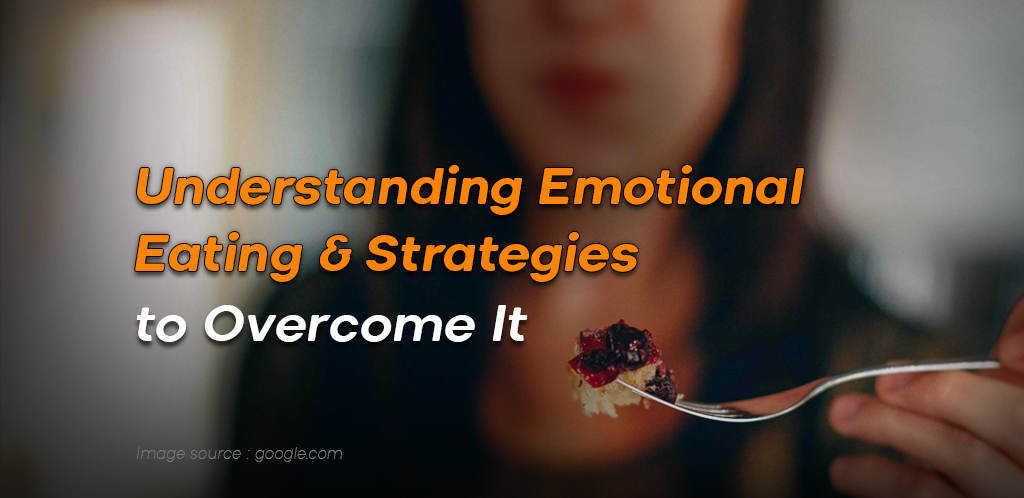
Emotional eating is a common phenomenon where individuals use food to cope with their emotions, leading to unhealthy eating habits and potentially harmful consequences. Understanding emotional eating and developing strategies to overcome it is crucial for maintaining a healthy relationship with food and overall well-being.
Emotional eating can be triggered by:
- Stress and anxiety
- Boredom and emotional emptiness
- Happiness and celebrations
- Sadness and grief
- Low self-esteem and emotional vulnerability
Strategies to overcome emotional eating:
- Identify and acknowledge emotional triggers
- Practice mindful eating and self-awareness
- Develop healthy coping mechanisms (exercise, meditation, journaling)
- Build a support network (friends, family, therapist)
- Focus on nourishment and nutrition rather than emotional satisfaction
- Cultivate self-compassion and self-care
Emotional eating is a complex issue, but by understanding its triggers and developing effective strategies, individuals can overcome this pattern and foster a healthier relationship with food. By prioritizing self-awareness, self-care, and nourishment, individuals can break free from the cycle of emotional eating and cultivate a more balanced and compassionate approach to food and overall well-being.